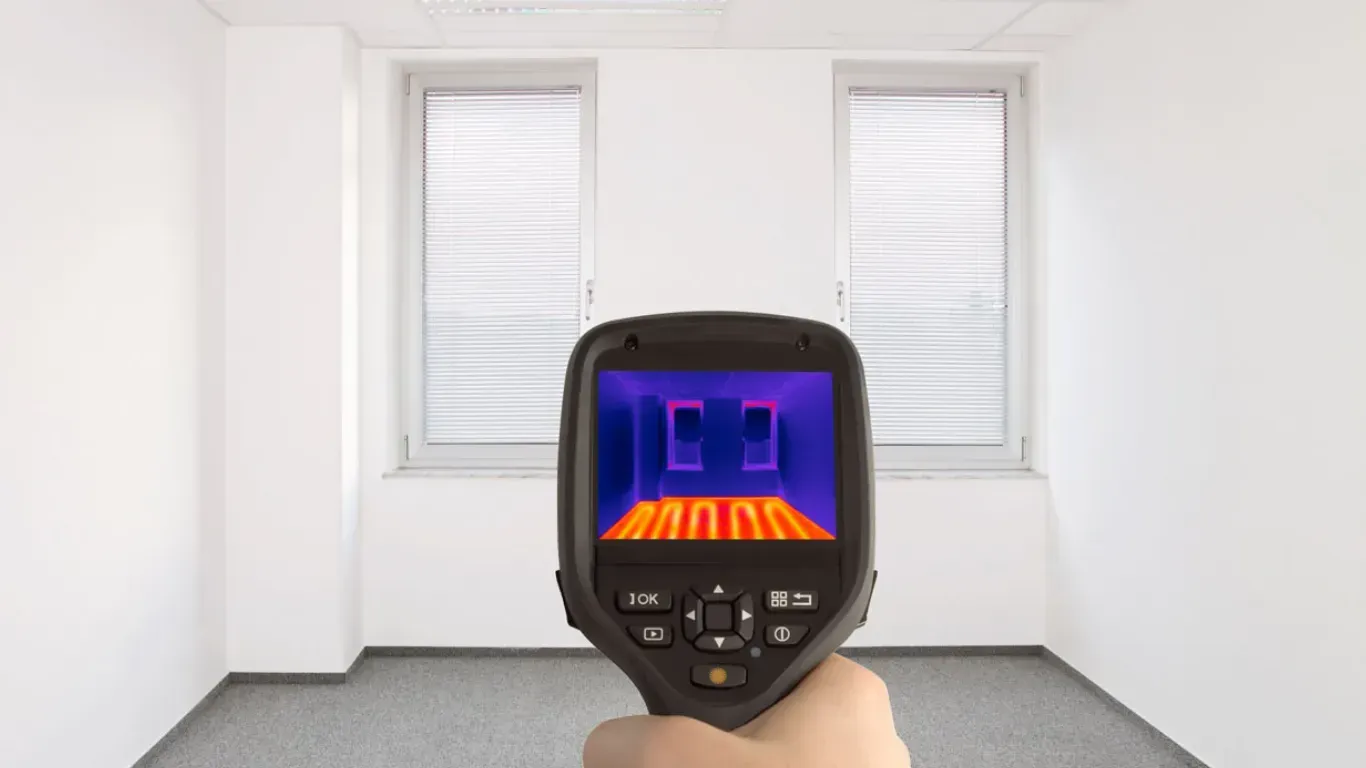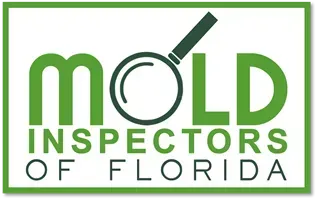Florida Mold Law: What You Need to Know

What Landlords Should Know About Florida Mold Law
Owning a rental property comes with its own set of challenges. Regardless of whether your rental is a single-family home or a multi-building apartment complex, you’ve undoubtedly come across mold in one of those properties. While the cause can be anything from an unrepaired plumbing issue to a leak or spill, mold will wreak havoc on your property and could even lead to legal problems. Since mold thrives in our damp environment, Florida landlords should be familiar with Florida mold law and their responsibility in protecting their property and tenants.
There is currently no Florida mold law in effect requiring that landlords disclose mold issues to potential tenants or buyers. However, that doesn’t mean that it’s something that you can ignore! It also doesn’t protect you from a renter attempting to withhold rent or sue you for health problems caused by the mold. It’s your duty to take care of the mold problem quickly and safely before it spreads.
Where Mold Comes From
So, what is mold, and where does it come from? Mold spreads through spores – in the air, water, and all around us. Those spores can lie dormant until they find a suitable place to grow in a damp space with a food source. Here in Florida, mold thrives almost everywhere, including inside our homes. All it takes is a spore to blow in through a window or attach to your clothing or pet. Then, once it’s inside, mold will start to feed on any organic material it can find, which can be anything from wood to drywall and fabrics. You might associate mold with a dirty shower, but our humid environment allows mold to thrive almost anywhere. A leaky roof, cracks in the exterior, or even a broken seal on the dishwasher can invite mold into the property.
The Effects of Mold on Rental Properties
If you find mold, don’t panic. As always, the sooner you know about the mold the better since that means you can tackle the issue before it spreads and causes expensive repairs. While current Florida mold law states that you legally don’t have to disclose a high concentration of mold on your property, it’s still on you to keep the rental inhabitable. If you don’t, you could face much more complicated problems.
Rent Withholding
If a tenant informs you of a mold problem and you don’t take steps to remediate it, they can start withholding rent until the problem is solved. So even though you don’t have to disclose the problem due to Florida mold law, you do still have to take steps to fix it. However, if you find that the tenant caused the mold themselves, you can also recoup some of your money from a security deposit.
Property Damage
Whether your rental is your sole income or a side project, you have a lot invested in that property. Unfortunately, mold can cause a building to fall apart from the inside out, requiring extensive (and expensive!) repairs or remodeling. Hiring a licensed mold inspector can help you identify the problem and avoid costly repairs.
Legal Disputes
Since mold can cause mild to serious health problems, it can make the property uninhabitable. Tenants are entitled to a clean and healthy living environment, so neglecting the mold issue can lead to a legal battle and hefty penalties for you. Many Florida lawyers will jump at the opportunity to prove that a landlord was negligent in taking care of mold, so you should take the problem seriously from the start.
How You Can Prevent Mold in Your Rental
It can feel impossible to avoid a mold problem in your Florida rental, but there are steps you can take to do so. Even if you can’t fully prevent it, you could stop mold from spreading and causing damage to your property.
Routine Inspections
Mold causes a lot of damage from the inside, but you don’t have to impose on your tenants in order to do an inspection. Instead, inspect the outside of the property, including the roof, siding, windows, and doors. Those areas are the most susceptible to mold, so an inspection will identify any cracks or leaks sooner than later. Of course, you should also inspect the inside if you feel there might be a problem there, too.
Repairs
Finding cracks, leaks, or damage does no good unless you take steps to repair them! Mold is tricky and will speed up the amount of damage, so it’s essential to do all repairs quickly.
Keep Humidity Low
Fit your rental with an air conditioner or dehumidifier, so mold doesn’t stand as much of a chance. Encourage your tenants to let in some fresh air when the weather allows to keep air flowing and dry things out.
Take Action
If you do find mold, act fast! Because of the health and property risks associated with mold growth, you should always hire a licensed professional to handle both the testing and remediation. Mold Inspectors of Florida use infrared technology and highly-trained technicians to detect mold that isn’t visible to the naked eye or is hidden away behind a wall or cabinet. Once you know the source of the mold, your mold inspector can recommend a trusted, reputable third party for remediation and repairs.
Want the most current information on Florida mold law and how to stay mold-free? Follow Mold Inspectors of Florida on Instagram and Facebook!


